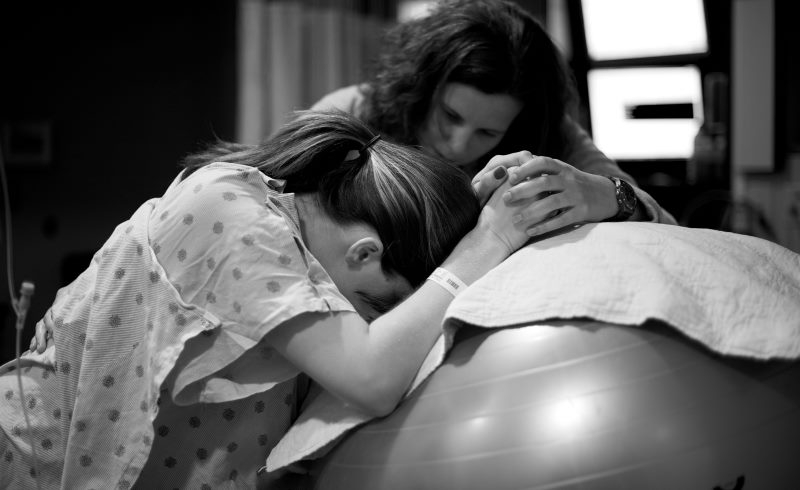What is a Doula and Why Do I Need One?

A Doula is trained to provide support during labor, delivery, and postpartum. Doula comes and do the word Doula comes from a Greek word meaning female servant, and you can think of a Doula as someone who mothers the mother.
When you deliver, he will probably have a midwife or doctor in attendance, along with areas other hospital personnel and one or more family members. You may be wondering why you would want yet another person in the delivery room.
Your doctor or midwife and other hospital personnel are focused on the medical aspects of your delivery and you are just one of several patients they have to tend to. Your other support people, on the other hand, may not be trained or experienced in the processes of labor and delivery. Your Doula is trained and experienced in labor and delivery and is focused on you and your needs, emotional as well as medical. When you are in labor, you are her only concern and she will remain by your side until your baby is in your arms and the mess is cleaned up.
A Doula:
- offers emotional support and reassurance to both you and your birth partner,
- has a variety of tools to help you relax and ease your pain,
- helps inform you about your birth options,
- helps you stay focused and facilitates communication with medical personnel,
- encourages the birth partner
A Doula is a complement to your medical personnel and support team, not a replacement. A Doula is not a medical professional, does not perform clinical tasks, does not give medical advice or diagnoses.
So, a Doula is unique in that she is trained to provide continuous support to a laboring mother, but what why is this important?
Research shows that women who have a Doula in attendance (and their babies) have better outcomes than those who do not.
In studies, women who had continuous support from a trained person like a Doula:
- were less likely to need pain medication,
- required less pain medication when it was needed,
- were less likely to need pitocin,
- were less likely to have a C-section,
- were less likely to have their delivery assisted by forceps or vacuum,
- had labors that were an average of 40 minutes shorter than who did not have continuous support, and
- reported more positive feelings surrounding their birth.
In addition, babies of women who have continuous support:
- had higher Apgar scores, and
- were less likely to require extra care after birth.
How, exactly, does a Doula provide support during labor?
- She’ll help you keep track of contractions and other sensations to help you decide when it’s time to go to the hospital or call your midwife.
- She’ll help you get settled into your birthing environment, whether you go to the hospital, birth center, or stay home.
- She’ll help you stay focused, remind you to breathe, and suggest ways to cope with the pain and other feelings and sensations you’re experiencing.
- She’ll help you change position, press a cool compress to your forehead, squeeze your hips, or whatever else you need to keep you comfortable.
- She’ll help you communicate your wishes and needs to your partner and your medical personnel, and protect your space when you’re too focused to talk.
- She’ll help your partner feel at ease, offering reassurance that what is happening is normal, and suggestions on how best to support you.
- She may take photos of the event (if you wish) so your partner can be less distracted. Keep in mind, she may not be a professional photographer, and it’s not her priority, but even a few mediocre shots will help capture the moment.
- If you give birth at home, she’ll do a load of laundry, load and run the dishwasher, and do some tidying up after the birth, so your partner can focus on you, and you both can focus on the baby.
- She’ll help you navigate breastfeeding for the first time.
As you can see, a Doula can be a great addition to your birth team and help you have the best birth experience possible.

Comments are closed.